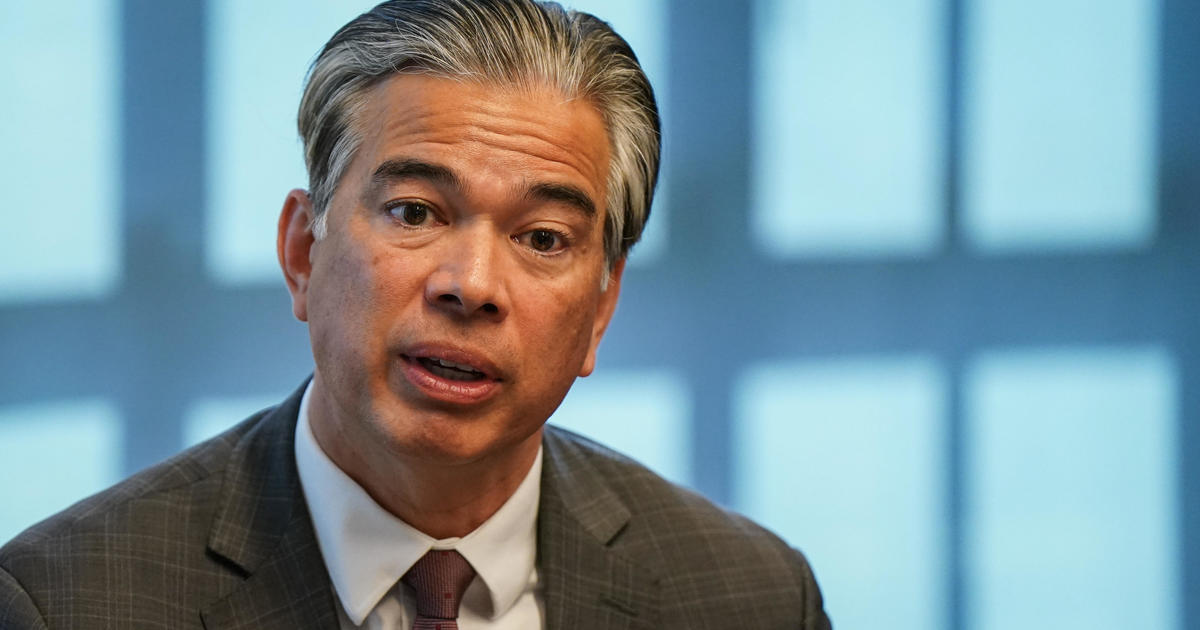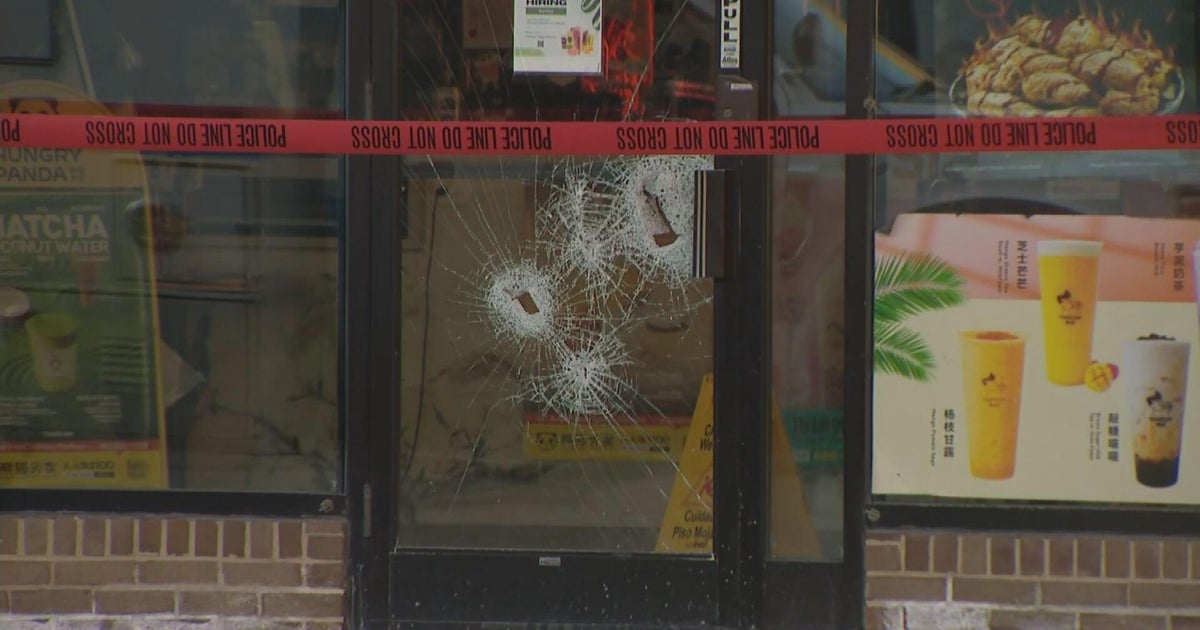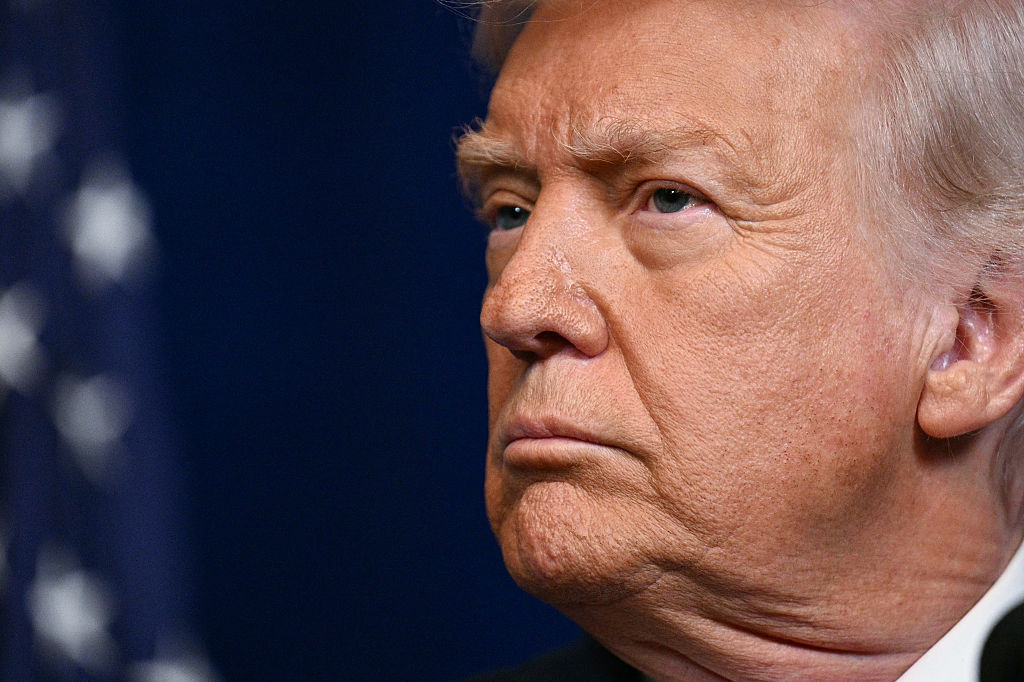Ransomware attack shutters 157-year-old Lincoln College
A college that kept going through two world wars, the 1918 Spanish flu epidemic and the Great Depression is shutting down on Friday, unable to stay afloat due to the lingering effects of the coronavirus crisis and a recent ransomware attack.
Lincoln College — a historically Black college in rural central Illinois that broke ground on President Abraham Lincoln's birthday in 1865 — tried but failed to raise enough money to recover from the combined impact of COVID-19 and a December cyberattack, David Gerlach, the college's president, said in a statement.
"The loss of history, careers and a community of students and alumni is immense," he said.
Lincoln, which has roughly 600 students, saw its enrollment fall after the coronavirus hit, disrupting its operations and finances. As the school struggled to stay afloat, a ransomware attack blocked the college from accessing data used in its student recruitment and retention as well as fundraising efforts.
By the time Lincoln regained access to its key computer systems in March, estimates showed "significant enrollment shortfalls" requiring a "transformational donation or partnership to sustain Lincoln College beyond the current semester," according to the school's statement.
The school, in Lincoln, Illinois, paid a ransom of under $100,000 to recover data blocked by the attack, which originated in Iran, Gerlach told the Chicago Tribune in April. He also said Lincoln needs $50 million to remain open.
Word of Lincoln's imminent collapse prompted an effort by some students, faculty and alumni to raise money to keep the college open, posting under the hashtag #SaveLincolnCollege on social media.
"@elonmusk Lincoln College with this 2.2 mw solar farm has been shuddered by Covid. Need a miracle gift in support as 1-7 Rural Predominately Black institutions in the US," Gerlach wrote in a tweet tagging Elon Musk, the billionaire founder of electric car maker Tesla.
A GoFundMe campaign with a goal of $20 million has raised $2,452 as of Tuesday afternoon.
"I believe, if we had more time, that we would have been able to have found someone but, this is all out of our control," Annette Roter, an associate professor at Lincoln, said in a Facebook post acknowledging the campaign had faltered.
Colleges and universities are frequently ill-prepared for cyberattacks that encrypt digital information to render it unreadable until the institution targeted pays a ransom.
Last year, classes were disrupted at 1,043 U.S. schools due to ransomware attacks, including 62 school districts and 26 colleges or universities, according to an analysis by Emsisoft.
"While the cost of these incidents is impossible to estimate, it is undoubtedly significant," the New Zealand cybersecurity firm stated in a blog post, citing the roughly $8 million spent by Baltimore County Public Schools on recovering from an attack in 2020.



